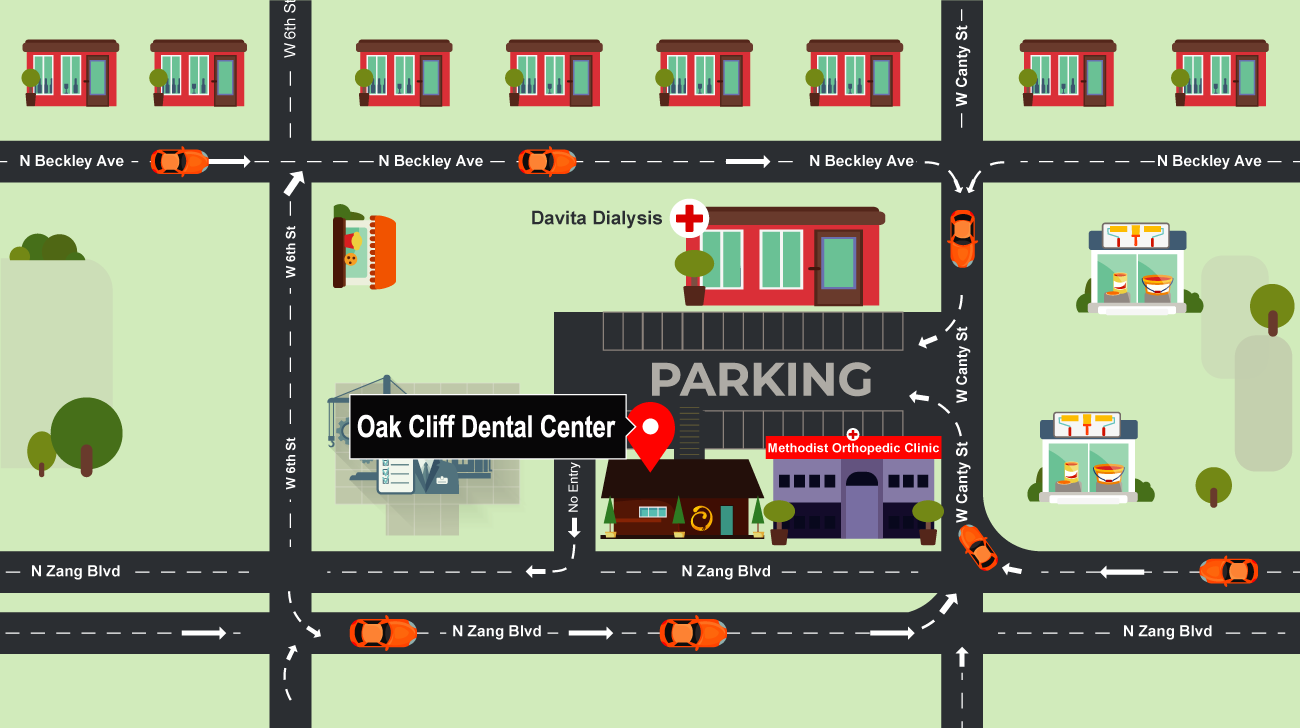
Wisdom Teeth: To Keep or Not to Keep
With age comes wisdom. Specifically, wisdom teeth.
Your mouth goes through many changes in your lifetime. One major dental milestone that usually takes place between the ages of 17 and 21 is the appearance of your third molars. Historically, these teeth have been called wisdom teeth because they come through at a more mature age.
When they come through correctly, healthy wisdom teeth can help you chew. It’s normal to feel a little discomfort when your wisdom teeth appear, but if you have pain, see your dentist immediately.
How Do I Know if I Have Wisdom Teeth?
Ask your dentist about the positioning of your wisdom teeth. He or she may take an X-ray periodically to evaluate for the presence and alignment of your wisdom teeth. Your dentist may also decide to send you to an oral surgeon for further evaluation.
Your dentist or oral surgeon may recommend that your wisdom teeth be extracted even before problems develop. This is done to avoid a more painful or more complicated extraction that might have to be done a few years later. Removal is easier in young people, when the wisdom teeth roots are not yet fully developed and the bone is less dense. In older people, recovery and healing time tend to be longer.
Room to Grow?
Wisdom teeth can lead to problems if there isn’t enough space for them to surface or they come through in the wrong position. If your dentist says your wisdom teeth are impacted, he or she means they are trapped in your jaw or under your gums.
As your wisdom teeth make their way through your gums, your dentist will be monitoring your mouth for signs of the following:
- Wisdom teeth that aren’t in the right position can allow food to become trapped. That gives cavity-causing bacteria a place to grow.
- Wisdom teeth that haven’t come in properly, which can make it difficult to floss between the wisdom teeth and the molars next to them.
- Wisdom teeth that have partially come through can give bacteria a place to enter the gums and create a place for infection to occur. This may also lead to pain, swelling and stiffness in your jaw.
- Wisdom teeth that don’t have room to come through are thought by some to crowd or damage neighboring teeth.
- A wisdom tooth that is impacted can form a cyst on or near the impacted tooth. This could damage the roots of nearby teeth or destroy the bone that supports your teeth.
Why You Might Need to Have Your Wisdom Teeth Removed
Every patient is unique, but in general, wisdom teeth may need to be removed when there is evidence of changes in the mouth such as:
- Pain
- Infection
- Cysts
- Tumors
- Damage to neighboring teeth
- Gum disease
- Tooth decay (if it is not possible or desirable to restore the tooth)
Your dentist may also recommend removal of wisdom teeth as part of treatment for braces or other dental care.
Before making any decisions, your dentist will examine your mouth and take an x-ray. Together, you and your dentist can discuss the best course of treatment.
What Does Recovery Involve After Wisdom Teeth Are Pulled?
After having your wisdom teeth removed, the speed of your recovery depends on the degree of difficulty of the extraction (a simple extraction of a fully erupted tooth versus a tooth impacted into the jawbone). In general, here’s what to expect.
During the first 24 hours:
- Bleeding may occur for several hours after tooth extraction. To control it, position a piece of clean moist gauze over the empty tooth socket and bite down firmly. Apply constant pressure for about 45 minutes. A moistened tea bag is an effective alternative. The tannic acid in tea helps healing blood clots to form (blood clots function similarly to scab over an open wound). Repeat this process if a small degree of bleeding continues; if heavy bleeding continues to occur, contact your dentist or oral surgeon. Avoid rinsing or spitting for 24 hours after tooth extraction, avoid “sucking” actions (for example, don’t drink beverages through straws or smoke) and avoid hot liquids (such as coffee or soup). These activities can dislodge the clot, causing a dry socket (see below) to develop.
- Facial swelling in the area where the tooth was extracted typically occurs. To minimize swelling, place a piece of ice, wrapped in a cloth, on that area of your face on a schedule of 10 minutes on, followed by 20 minutes off. Repeat as necessary during this first 24-hour period.
- Pain medications, such as acetaminophen (Tylenol) or ibuprofen (Motrin or Advil), can be taken for minor pain. Your dentist or oral surgeon may prescribe more potent pain relievers, if necessary.
- Antibiotics that may have been prescribed prior to tooth extraction (to treat any active infection around the wisdom tooth to be extracted) should continue to be taken until the full prescription is gone.
- Foods should be restricted to a liquid diet until all the numbness from anesthesia has worn off. Eat soft foods for a few days. Also avoid alcohol if you’re also taking narcotic pain medication.
- Continue to brush your teeth, but avoid the teeth directly neighboring the extracted tooth during the first 24 hours. On day two, resume the gentle brushing of your teeth. Do not use commercial mouth rinses — these can irritate the extraction site.
After 24 hours
- Facial swelling in the area of the tooth extraction should be treated with heat after the first 24 hours of ice. Apply a moist warm towel to the area on a 20-minute on, 20-minute off schedule. Repeat as necessary. Keep in mind that swelling usually peaks 2 to 3 days after the procedure.
- Rinse your mouth with warm salt water (1/2 teaspoon of salt in a cup of warm water) after meals and before bed. Do not use commercial mouth rinses unless your dentist directs you to.
- Stitches, if used and if not of the self-dissolving type, need to be removed by your oral health care provider in about 1 week. If you do require stitches, ask what type you have been given.
- Watch for signs of dry socket. This condition requires treatment by your oral health care provider.
- Complete healing doesn’t occur for a few weeks to a few months following the extraction. However, usually within the first week or two, enough healing has taken place for use of your mouth to be reasonably comfortable in the area of the extraction. Your dentist will explain what to expect in your specific case.
Keeping Your Wisdom Teeth?
Wisdom teeth that are not removed should continue to be monitored because the potential for developing problems later on still exists. As people age, they are at greater risk for health problems—and that includes potential problems with their wisdom teeth. Be sure to, floss around your wisdom teeth and visit your dentist regularly. Regular dental visits allow your dentist to evaluate your wisdom teeth and your overall dental health.
 820 North Zang Blvd., Suite 110 Dallas, TX-75208
820 North Zang Blvd., Suite 110 Dallas, TX-75208  (214)-948-3364
(214)-948-3364 

 Make A Payment
Make A Payment
